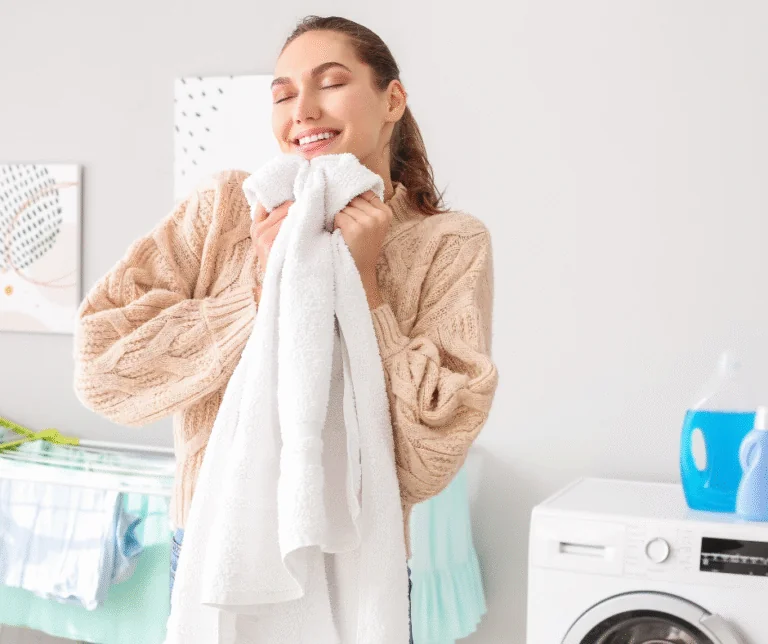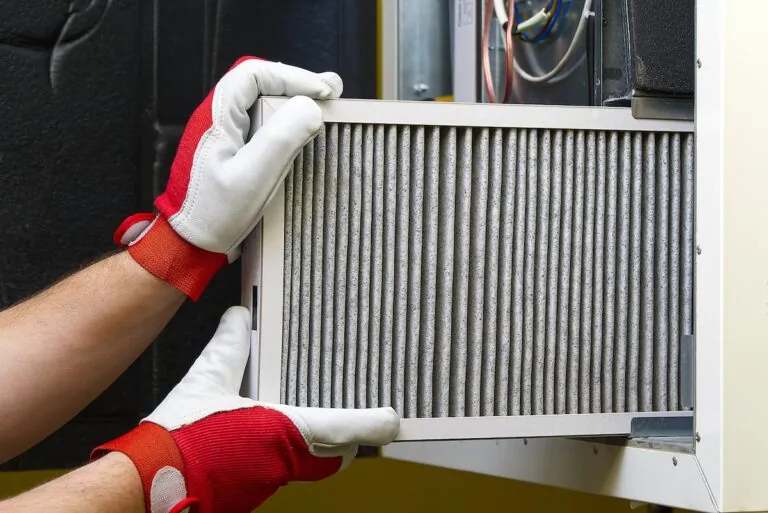Water Softener Not Working: Quick Checks Before You Call
Water softener not working? In the Twin Cities, hard water creeps back fast spots on glass, stiff towels, dull hair. If your softener is slipping, these seven signs will help you confirm the issue, try a few safe DIY checks, and know when to bring in a pro.
But water softeners don’t last forever. Even the best-maintained systems will eventually start to lose efficiency. When that happens, you might notice subtle signs at first, and bigger problems later if you ignore them.
This guide walks you through the 7 most common signs your water softener is failing, how to spot them in your home, and what you can do to fix them. We’ll also touch on how water hardness varies across the Twin Cities, so you can understand why some homes notice problems faster than others.
Why Water Softener Maintenance Matters
Before diving into the signs, it helps to understand why water softeners are so important in Minnesota. The Twin Cities area has a mix of hard and softer water zones:
- Blaine and many northern suburbs: Very hard water due to groundwater from aquifers rich in calcium and magnesium. Homes here often notice mineral buildup quickly.
- Minneapolis and St. Paul: Softer municipal water from the Mississippi River is treated and naturally less hard, but a failing softener can still let minerals through.
Hard water doesn’t just leave spots. Over time, it can damage pipes, water heaters, dishwashers, and washing machines, and even affect your skin and hair. That’s why catching a failing softener early can save both money and headaches.
1. White Spots or Buildup on Fixtures and Dishes
One of the first and easiest signs that your water softener is struggling is white spots on glasses or dishes, chalky buildup on sinks and faucets, or a film on shower doors.
Even if you’ve used a softener for years, these deposits mean hard water is slipping through.
Why it happens:
- Worn resin bed: Over time, the beads that remove minerals wear down and lose effectiveness.
- Salt bridge: Sometimes a hardened layer of salt forms in the brine tank, preventing proper regeneration.
- Control valve issues: If the system isn’t cycling correctly, water isn’t being softened.
Quick checks for homeowners:
- Open your brine tank and look for solid salt layers. If you see a hard crust, gently break it up.
- Make sure your salt level is adequate—most homes need a 40-lb bag every 4–6 weeks, depending on water hardness.
- If you still notice buildup after these steps, it’s time for a professional inspection.
Twin Cities context: Homes in Blaine will often see these signs sooner because the water is harder. Minneapolis residents might notice it less often, but a failing softener will still allow minerals to build up over time.
2. Soap and Shampoo Don’t Lather
Another common clue is when soap and shampoo stop lathering properly.
- Do your hands feel sticky after washing?
- Does shampoo slide through your hair without making bubbles?
- Are your towels stiff or scratchy after a wash?
These are all subtle signs your softener isn’t doing its job.
Why it happens:
- Hard water contains calcium and magnesium that prevent soap from foaming.
- If your resin bed is worn or the system isn’t regenerating, these minerals stay in the water.
What to do:
- Check your salt levels and make sure the brine tank isn’t clogged.
- Run a manual regeneration cycle if your system allows.
- If lathering still doesn’t improve, it may be time for a resin replacement or professional service.
3. Water Tastes or Smells Off
Hard water itself doesn’t usually taste bad, but when your softener fails, minerals and sometimes bacteria can make your water taste metallic, musty, or even sulfur-like.
What to watch for:
- Metallic taste when drinking or cooking
- Sulfur or ‘rotten egg’ smell
- Cloudy water or sediment at the bottom of glasses
Even homes with softer city water, like Minneapolis, can notice these issues if their softener isn’t working properly. Homes in suburbs with harder water, like Blaine, may notice it sooner.
Action step: If taste or odor changes, it’s worth calling a professional. They can test your water, clean the system, and determine if your softener is failing.
4. Water Pressure Has Dropped
If your water pressure is suddenly lower than usual, your softener might be clogged with mineral deposits.
How to check:
- Switch your softener to bypass mode.
- Turn on your faucets. If pressure improves, the softener is the source of the problem.
- If pressure stays low, the issue might be elsewhere in your plumbing.
Low pressure can cause bigger problems over time, like stressing your pipes and appliances, so don’t ignore it.
5. Salt Usage Seems Off
Your water softener uses salt to regenerate the resin that removes minerals. If your salt usage seems unusual, it’s a warning sign:
- Too much salt: The system may be regenerating too often.
- Too little salt: There could be a salt bridge, a clog, or the softener isn’t cycling at all.
For homes in Blaine with very hard water, it’s normal to go through salt faster. For Minneapolis homes with softer water, usage is slower—but unusual changes in either direction are a clue that something’s wrong.
6. Strange Noises
A water softener is usually quiet. If you hear grinding, buzzing, or constant running, it indicates mechanical problems.
Possible causes:
- Worn motor or valves
- Kinked or clogged brine line
- Stuck regeneration cycle
A noisy softener is often a sign that the system needs professional attention before it breaks down completely.
7. Your Water Softener Is Old
Most water softeners last 10–15 years. If yours is older, even if it seems to be working, it may not be protecting your home as well as it should.
Benefits of replacing an old system:
- Uses less salt and water
- Runs more efficiently
- Protects appliances, pipes, and home water quality
- Newer units often have smart regeneration cycles that adjust based on actual usage
Even homes in Minneapolis with softer water benefit from upgrading older systems, while Blaine homes with very hard water will see immediate improvements.
Bonus: Your Appliances Are Suffering
Failing softeners don’t just affect water taste or soap lather, they can also damage appliances:
- Mineral buildup inside water heaters, dishwashers, and washing machines
- Reduced lifespan for plumbing and appliances
- Higher energy bills because appliances work harder
Regular softener maintenance helps prevent costly repairs down the line.
Tips to Keep Your Water Softener Healthy
Maintaining your system is easier than you think. Here’s what every Twin Cities homeowner should do:
- Check salt monthly – don’t let the tank run too low
- Clean the brine tank annually – remove hardened salt or debris
- Use quality salt pellets – avoid rock salt or low-grade pellets
- Schedule professional inspections every 1–2 years – a plumber can clean, service, or replace worn part
- Keep track of the system’s age – plan for replacement before it fails
These simple steps can extend the life of your softener and keep your water consistently soft.
When to Call a Twin Cities Plumber
If you notice:
- White spots on dishes or fixtures
- Soap not lathering
- Strange taste or odor
- Low water pressure
- Strange noises
- Salt usage that seems off
…it’s time to call a professional.
A licensed Twin Cities plumber can:
- Test your water hardness
- Clean or replace resin beads
- Inspect valves and motors
- Recommend repair or replacement options
Whether your water is very hard like in Blaine or softer like in Minneapolis, a professional inspection ensures your system is protecting your home.
Final Thoughts
A water softener might not be the most glamorous part of your home, but it’s one of the most important. When it fails, you feel it everywhere, from dishes and laundry to skin, hair, and appliances.
Catching problems early with simple checks or a professional inspection saves money, prevents damage, and keeps your home running smoothly.
Schedule Your Water Softener Check with Genz-Ryan
Our licensed plumbers have been helping Twin Cities homeowners since 1950. We know the challenges of local water and can get your softener running like new.
Book your water softener service or water test today.








